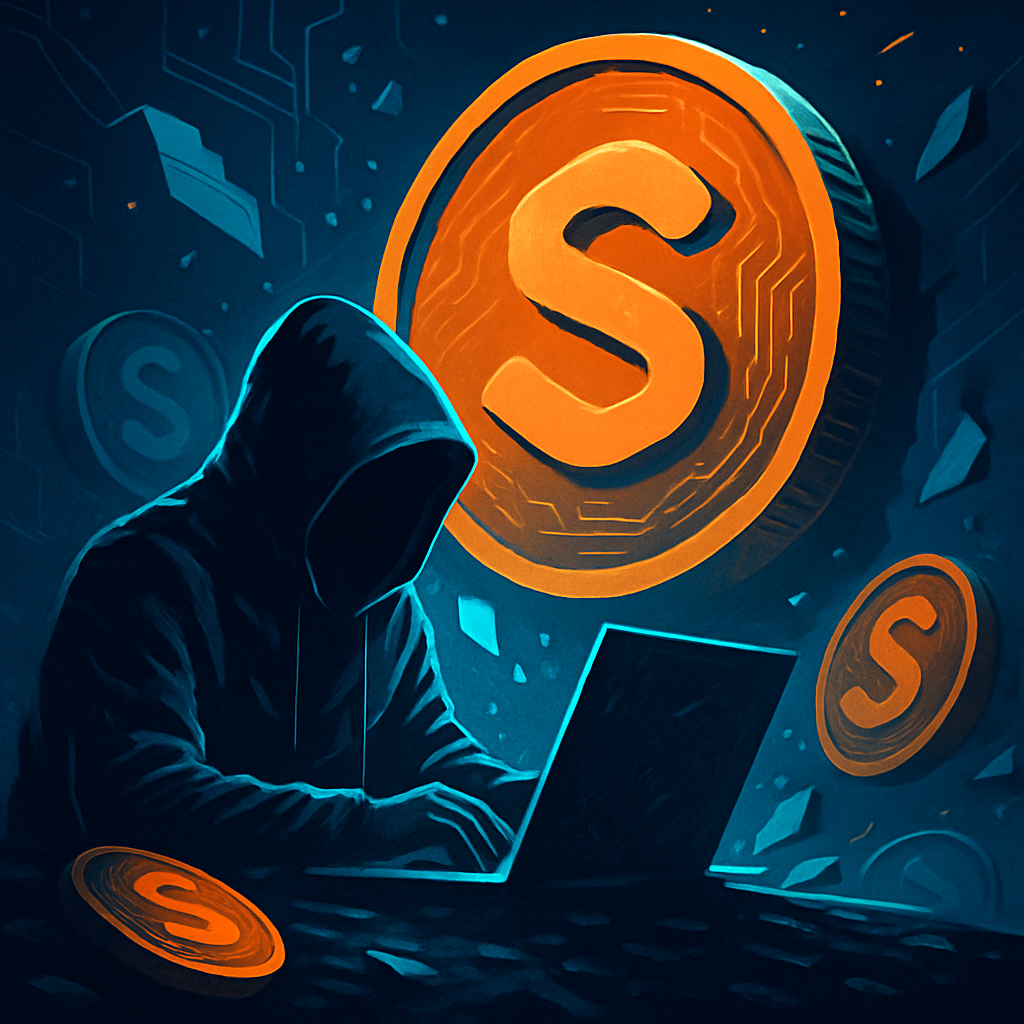Another high-profile DeFi hack has rocked the crypto markets. Cetus, a decentralized exchange (DEX) operating on the SUI blockchain, has confirmed a major exploit that resulted in over $11 million in losses. The attacker targeted the SUI/USDC liquidity pool, nearly draining it and triggering a 75%+ crash in multiple token prices.
🔍 What Happened
Late on May 22, blockchain monitors noticed unusual activity in Cetus’s core liquidity pool. The protocol quickly halted operations and issued a statement confirming the exploit. Preliminary analysis suggests the attacker exploited vulnerabilities in the pool logic, allowing them to withdraw millions worth of SUI in a matter of minutes.
The drained pool left the platform illiquid, and most tokens paired with SUI experienced a severe price collapse as panic set in.
💥 Why It Matters
Cetus was considered a key DeFi player in the growing SUI ecosystem. This hack is not just a blow to the project—it’s a wake-up call for the broader Layer 1 altcoin communities that aim to compete with Ethereum in DeFi dominance.
More importantly, the attack once again brings smart contract security and DeFi risk management into the spotlight. Despite audits and growing attention to on-chain safety, exploits remain frequent and devastating.
📊 Impact and Reaction
- $11M stolen from SUI/USDC pool
- Token crash: CETUS and other SUI-based tokens dropped 70–80% in minutes
- DEX volume plummeted, and user confidence was shaken
The Cetus team says it is investigating the root cause and working with security partners. No reimbursement plan has been announced yet, but users are advised to stay clear of compromised pools.
🧠 Investor Takeaway
For long-term DeFi believers, this hack is a reminder: DeFi’s upside comes with risk. If you’re trading or providing liquidity on emerging chains like SUI, it’s vital to assess both yield potential and platform maturity.
Some opportunistic investors may view the token drop as a potential bounce play, especially if the project quickly resolves the vulnerability. Others may choose to rotate funds into more established ecosystems until trust is restored.
❗This content is for informational purposes only and does not constitute investment advice. Always do your own research.







